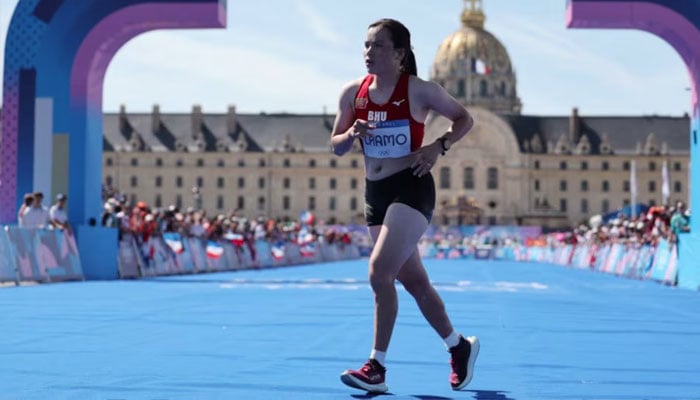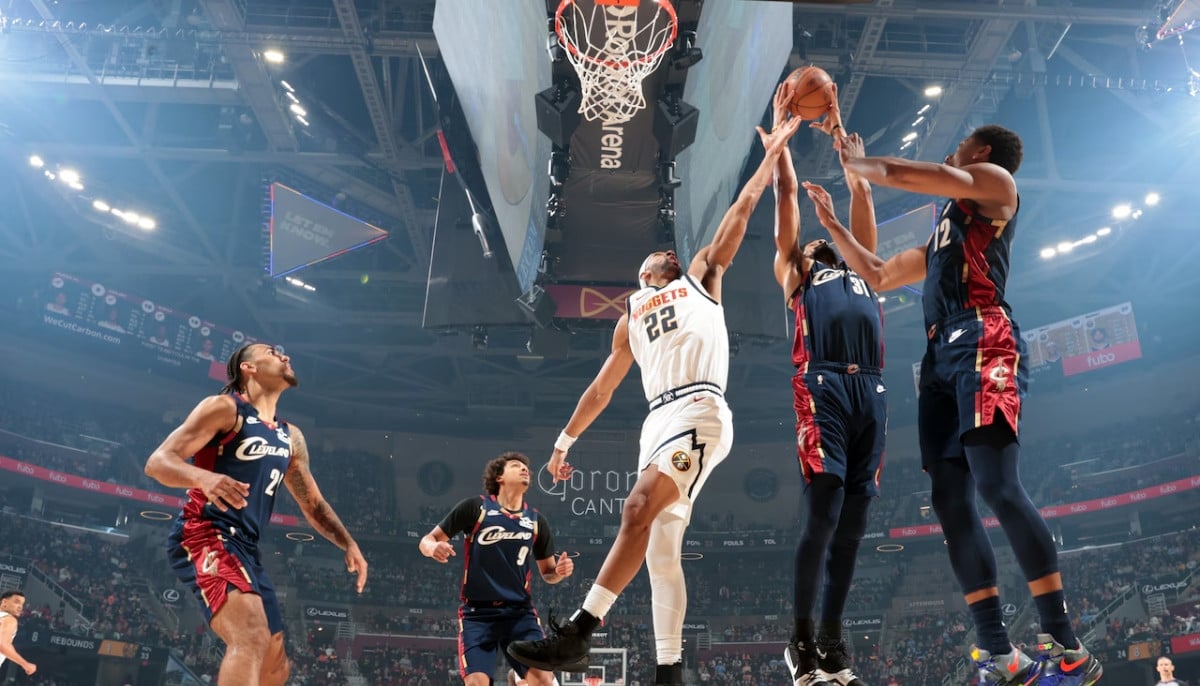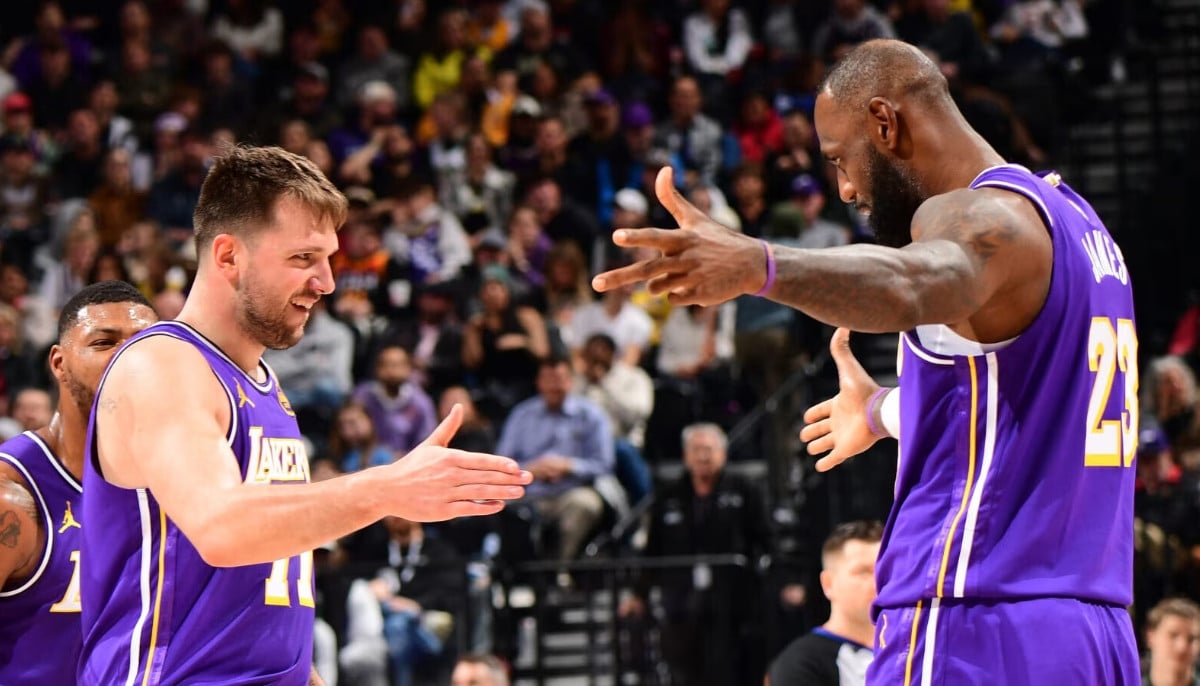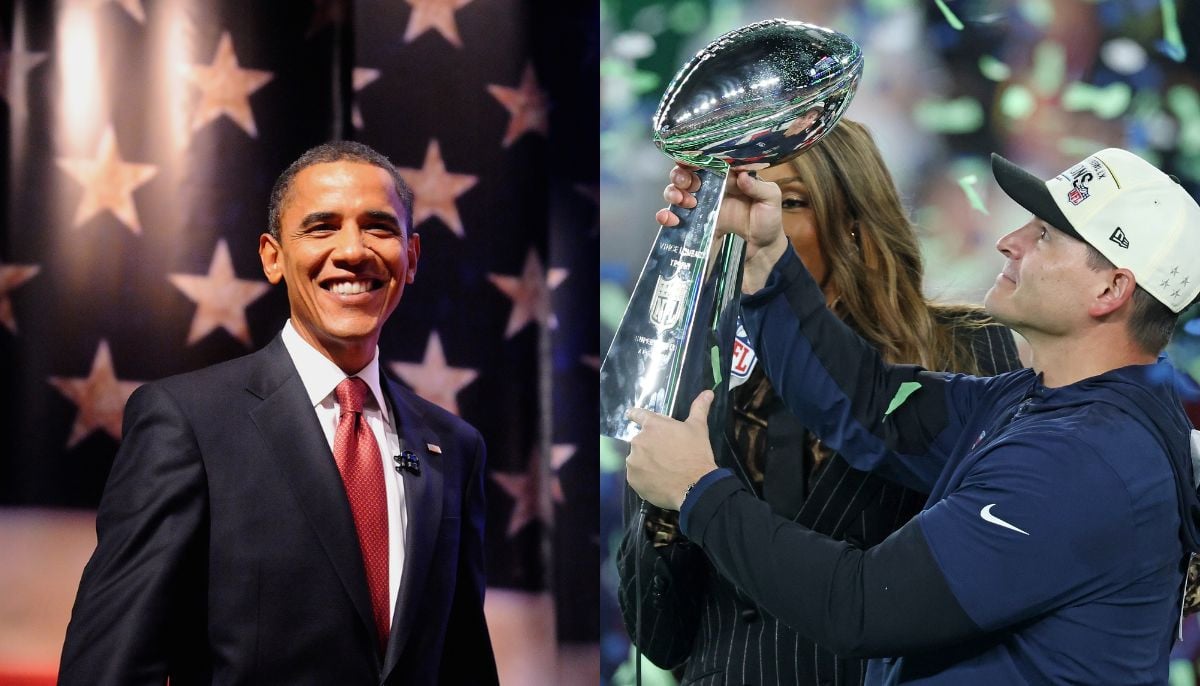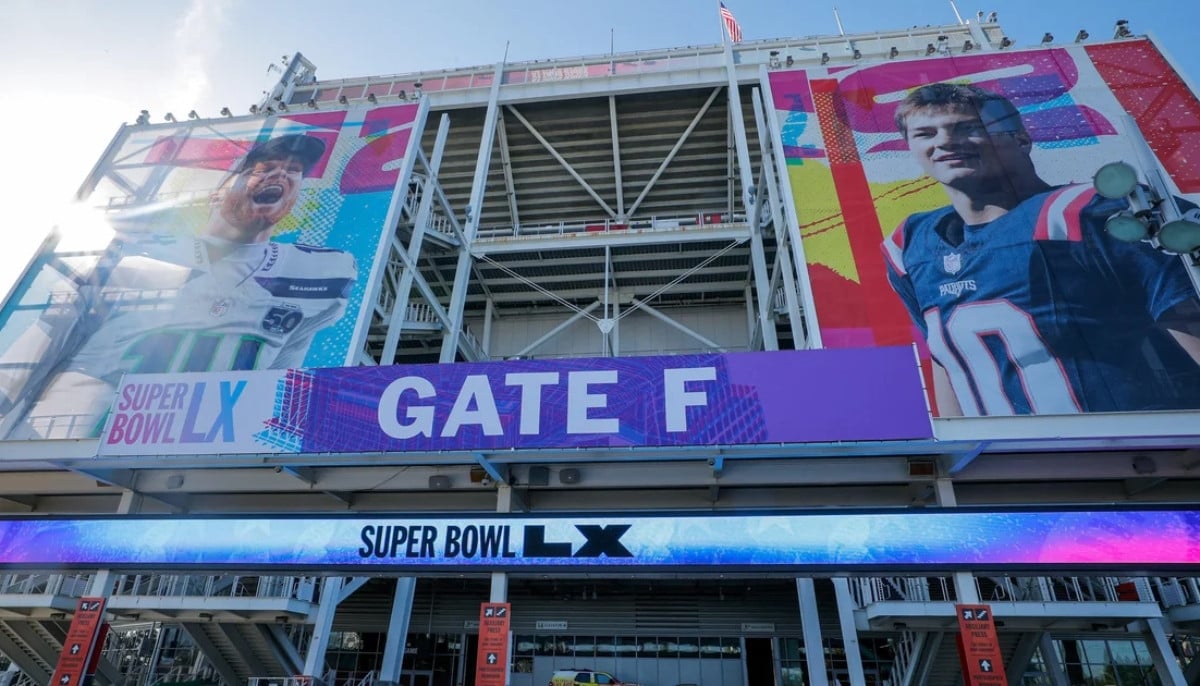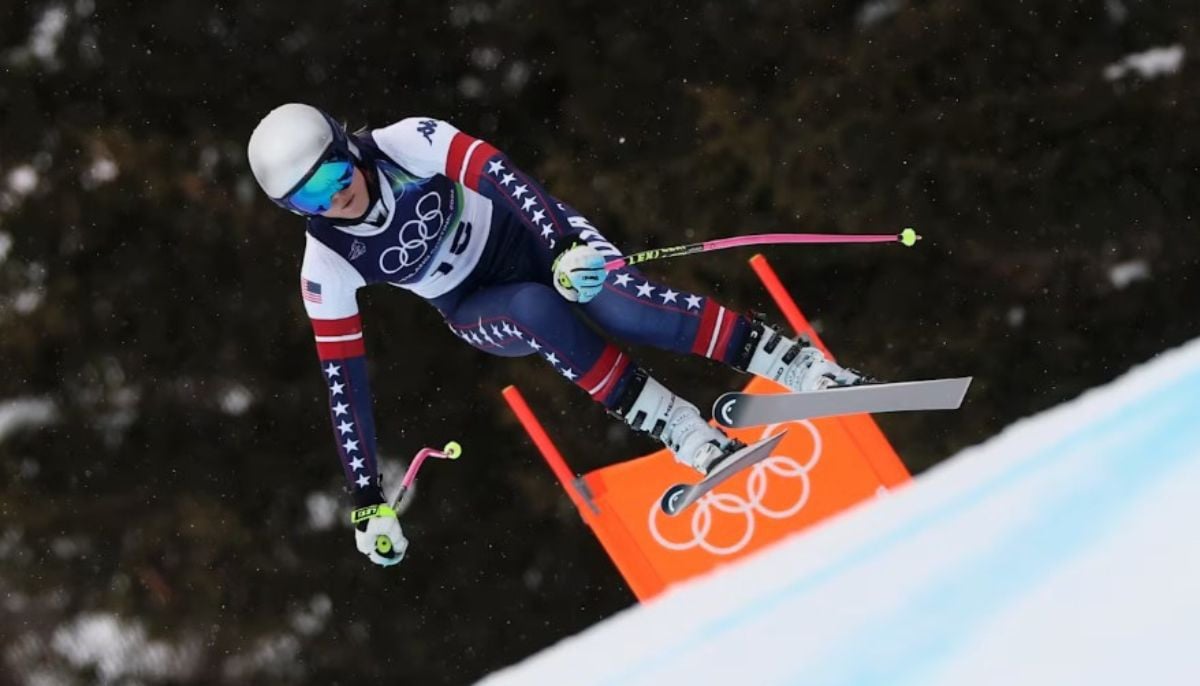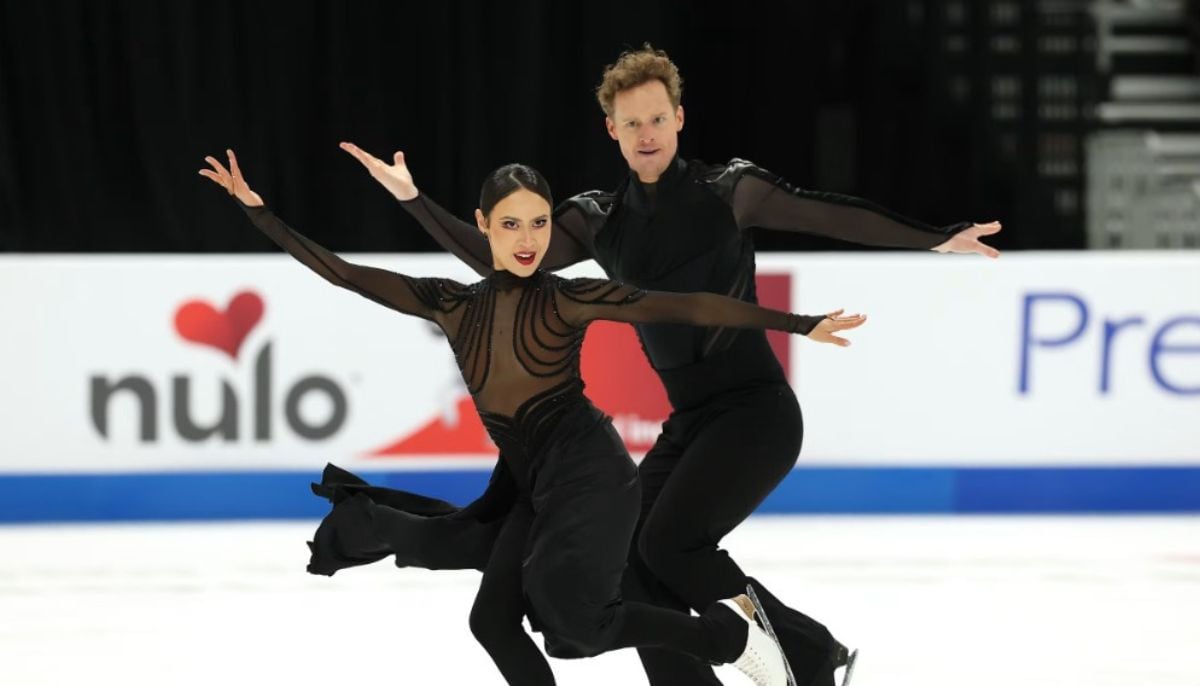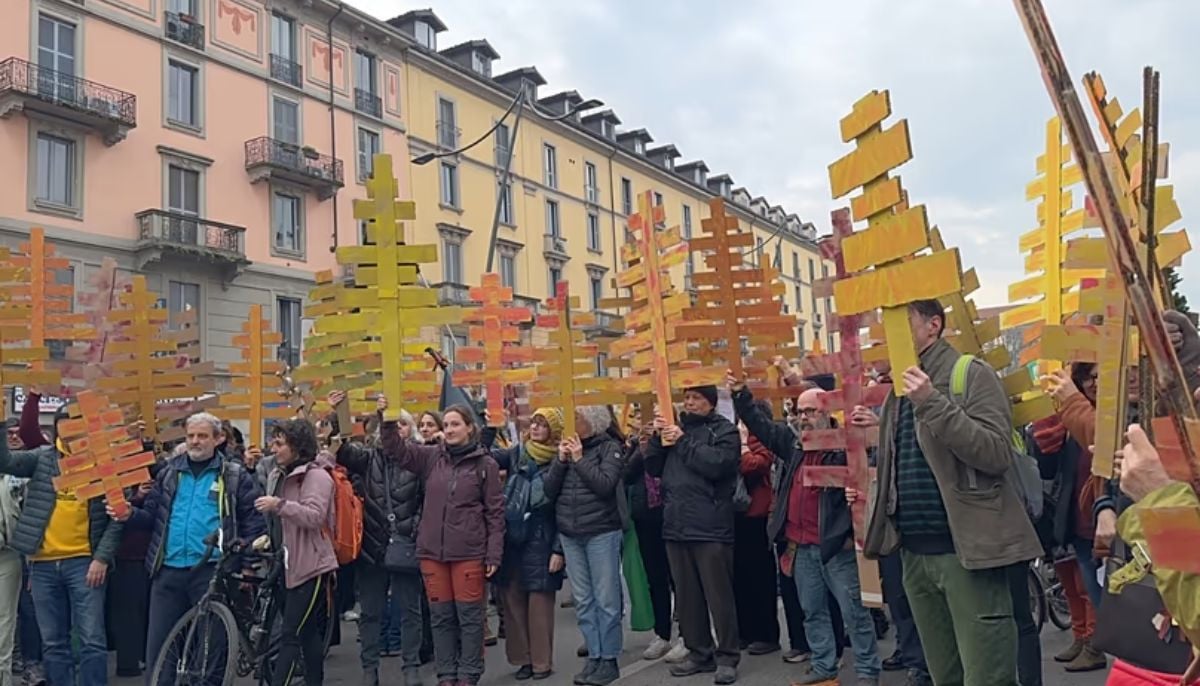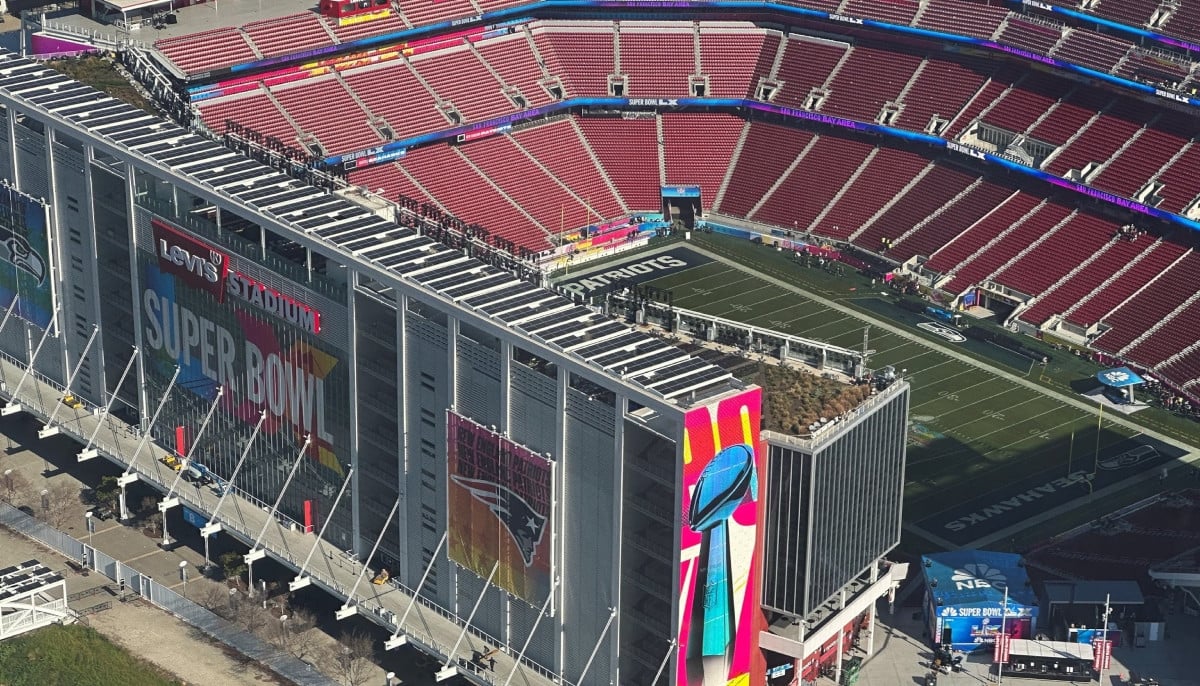Bhutan's marathon runner gets standing ovation for last-place finish
Bhutan's Kinzang Lhamo finished the hilly and hot course in three hours, 52 minutes and 59 seconds
On the final day of the Paris Games, the last athlete to finish Sunday's marathon received a standing ovation, arriving an hour and a half after the winner.
Bhutan's Kinzang Lhamo completed the challenging and hot course in three hours, 52 minutes, and 59 seconds. Although she slowed to a walk at times, she was encouraged by spectators who cycled and ran alongside her during the final kilometers.
As she approached the finish line, fans in the stands in front of the Invalides monument rose to cheer her on, celebrating her as the 80th woman to finish the race.
To spectators worldwide, Lhamo epitomized the Olympic spirit, highlighting that the Games are about participation rather than just winning.
Lhamo, 26, was participating in her first international competition and was the Himalayan nation's flagbearer in the opening ceremony as well as being the only woman in Bhutan's delegation of three athletes.
She took up running after joining Bhutan's army. She won the Bhutan marathon last year and this year, clocking 3 hours and 26 minutes in March, and came second in 2022 in the Snowman Race, an extreme event covering 203 km (126 miles) through the Himalayan mountains.
"It has always been one of my dreams, to compete at such a stage," Lhamo had said ahead of her Olympic debut, in an interview with Deutsche Welle.
"My first goal is to complete the marathon and then break my record," she said. While her time on Sunday was slower than her personal best, she certainly finished in style.
To some, Lhamo's grit and determination in completing the Paris course also brought to mind Tanzania's John Stephen Akhwari who was injured but still limped to the finish line of the Olympic marathon in 1968.
He was asked why he had carried on, and his reply went down in history.
"My country did not send me 5,000 miles to start the race," he said. "They sent me to finish the race."
-
Seahawks Super Bowl victory parade 2026: Schedule, route & Seattle celebration plans
-
Super Bowl 2026 live: Seahawks defeat Patriots 29-13 to win Super Bowl LX
-
Stefon Diggs family explained: How many children the Patriots star has and with whom
-
Where is Super Bowl 2026 taking place? Everything to know about the NFL showdown
-
Winter Olympics 2026: Lindsey Vonn’s Olympic comeback ends in devastating downhill crash
-
Winter Olympics 2026: When & where to watch the iconic Ice dance ?
-
Winter Olympics 2026: Milan protestors rally against the Games as environmentally, economically ‘unsustainable’
-
How long is the Super Bowl? Average game time and halftime show explained
